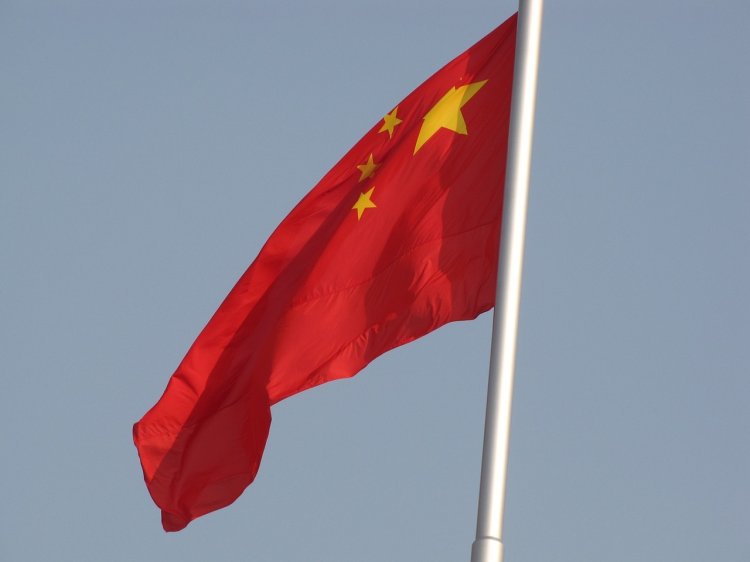China Intensifies Crackdown on Stimulant Research Chemicals by Blocking Key Precursors

In a significant move to combat the proliferation of stimulant research chemicals (RCs) such as 4F-MPH and α-PiHP, China has announced the addition of 46 new psychoactive substances (NPS) to its controlled substances list, effective July 1. This action brings the total number of regulated narcotic and psychotropic substances in the country to 510, including 234 NPS and 38 precursor chemicals.
Targeting Stimulant RCs and Their Precursors
Among the newly controlled substances are several stimulant RCs and their precursors, which have been associated with significant public health concerns. These substances are often synthesized in laboratories and marketed as legal alternatives to traditional stimulants like methamphetamine and cocaine. However, their potency and potential for abuse pose serious risks.
The addition of these substances to the controlled list aims to curb the production and distribution of illicit stimulant RCs by targeting the precursor chemicals essential for their synthesis. By regulating these precursors, China seeks to disrupt the supply chain of these substances and reduce their availability on the black market.
Strengthening Enforcement and International Cooperation
To enhance enforcement, China has implemented stricter monitoring and regulation across the production, distribution, storage, transportation, import, and export processes for precursor chemicals. This includes product labeling and tracing mechanisms to prevent illegal diversions .
Additionally, China has intensified efforts to control the sources of precursor chemicals for drug manufacturing, adding 24 substances to its list of controlled chemicals this year. In the past year, approximately 938 metric tons of scheduled precursor chemicals were confiscated across China, marking a 42.2 percent increase from the previous year .
These measures are part of a comprehensive strategy involving monitoring, legal scheduling, administrative oversight, law enforcement, and public education to combat the proliferation of new narcotics, especially new psychoactive substances.
Global Implications
China's proactive stance on regulating stimulant RCs and their precursors reflects a growing global concern over the spread of synthetic drugs and NPS. As these substances often originate from countries with less stringent drug control laws, international cooperation is crucial in addressing the challenges posed by their production and distribution.
Experts emphasize the importance of continued vigilance and collaboration among nations to effectively combat the rise of stimulant RCs and other NPS, which continue to pose significant public health and safety risks worldwide.
For more information on China's efforts to combat drug abuse and illicit trafficking, visit the China National Narcotics Control Commission's official website.
